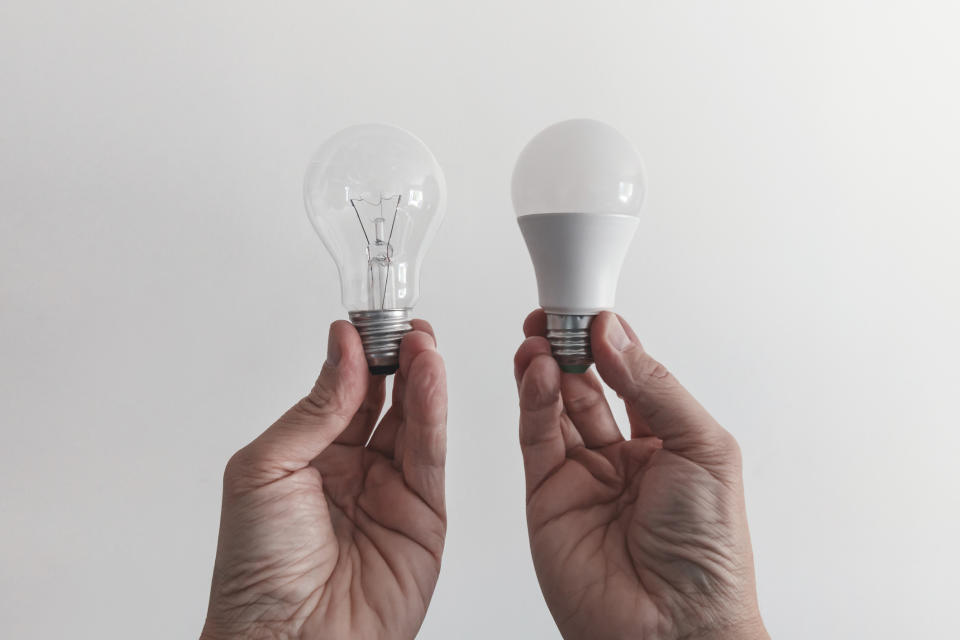5 simple tricks to improve productivity at work

Workplace productivity is one of the main drivers of success; managing your time well, ticking-off your to-do list and tying up loose ends for the day can help relieve stress and leave you motivated to keep working harder in the long-term.
Finding your unique productivity mindset takes practice and learning. Some people thrive off the pressure of completing tasks close to a deadline, while others work better when they have weeks to prepare.
The beginning of the year is an excellent time to pick up new practices.
Related story: The best productivity habits to pick up in 2020
Related story: Quitting this workplace habit will make you finish tasks 40% faster
Related story: Productivity hack: 8 ways to get more done by doing very little
Here are five workplace habits to boost your productivity levels and make 2020 your most rewarding year yet:
1. Practice 'deep work'
The concept of 'deep work' involves focusing on a demanding task, without distraction. Essentially it's a method of time-blocking whereby you dedicate a chunk of your day to solely focus on completing high-priority action items.
In order to 'deep work', you need to be uninterrupted – so mark yourself as busy in your calendar, and gently inform talkative colleagues that you're unavailable.
Some people use methods such as Pomodoro to set themselves 25 minutes of deep work, followed by a 5 minute break, until the task is complete. If prescriptive methods suit you, research and practice a few different ones to see which is the most motivating practice for you.
2. Work smarter, not harder
Taking periodic, short breaks increases productivity levels because it gives you a moment to pause, restart and reset – allowing you to work smarter by reducing decision fatigue, stress and exhaustion.
A fresh perspective is the quickest way to troubleshoot challenging tasks, so be sure to get into the habit of taking a minute to step away from your desk, have a stretch, walk outside, breathe deeply or grab a coffee to get your blood flowing.
Find your productivity sweet spot by learning when your mind and body need to switch off, to switch on smarter.
3. Check-in with yourself and others
'Burnout' is being acknowledged more and more in the workplace as a prolonged stress-related illness caused by mental, physical and emotional exhaustion. Productivity and mental health are inextricably linked - feeling drained can reduce your quality of work, and prevent you from meeting performance targets and goals.
Most importantly, burnout negatively impacts your health which could have lasting ramifications. Checking in on your mental health, and that of others, is a habit we must get better at as a society. It can be as simple as asking your colleague "are you okay?" or starting a practice such as meditation to learn how to acknowledge your feelings.
Pro tip: Here’s how making people laugh can increase productivity
Pro tip: Are you burnt out, or just tired? Here’s how to tell the difference
Pro tip: This one strategy helps doctors and politicians cope with burnout
Get into the habit of identifying your stress and anxiety triggers, and try to find ways to manage them. If your workplace has a counselling or mental health service, don't be afraid to use it – your mind, body and workload will thank you for it in the long run.
4. Start your mornings and nights slowly
A demanding job has the ability to seamlessly filter into your personal life, so much so that you can wake up and go to sleep with nothing but work on the brain.
As our inboxes become increasingly accessible through smartphones, it can become harder for our minds to switch-off the work-related chatter. Our phones can act as a constant reminder of impending deadlines, making it even more tempting to check emails around the clock.
Exposing yourself to the blue light of a screen before bed makes it that much harder for your brain to wind down and relax. Conversely, jolting yourself awake with an influx of notifications and information can be just as damaging to your mental wellbeing.
Instead of waking up and immediately reaching for your smartphone, try and start the morning slowly with a glass of water, a stretch or the newspaper. In the evening, set yourself a time - at least an hour before you head to bed – to switch your phone off.
Better yet, practice putting your phone down as you enter the house. It’s becoming common practice to keep a ‘phone bowl’ near the front door, allowing you the space to disconnect and gather your thoughts.
5. Do the hard tasks before lunch
Many of us will be familiar with afternoon fatigue - symptoms include depleted energy levels, a lack of focus and an obsession with watching the clock. It’s easy to fall into the trap of knocking the easiest tasks off your to-do list first, but when it comes to productivity, you’ll achieve more by tackling the hard tasks head-on.
Learn to schedule your day by ticking-off your most challenging meetings and to-dos in the morning – the simple tasks are easier to complete with a tired mind, making you much less susceptible to the unproductive post-three o’clock lull.
Alex Hattingh is the chief people officer at Employment Hero.
Make your money work with Yahoo Finance’s daily newsletter. Sign up here and stay on top of the latest money, news and tech news.

 Yahoo Finance
Yahoo Finance 